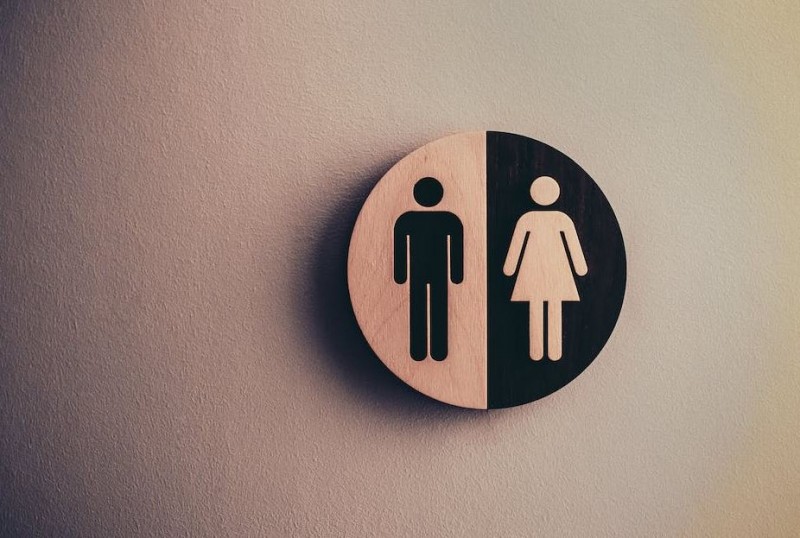
In today's rapidly evolving world, where gender equality and inclusivity are gaining momentum, one persisting issue that continues to affect societies globally is the gender pay gap. The gender pay gap refers to the disparity in earnings between men and women for equal or similar work. This article delves into the factors contributing to the gender pay gap, its implications on society, and the steps taken to bridge the divide and promote pay equity.
Understanding the Gender Pay Gap
What is the Gender Pay Gap?
The gender pay gap is a statistical representation of the average income difference between men and women in the workforce. It is usually expressed as a percentage, indicating how much less women earn compared to men. This discrepancy is a matter of concern as it showcases inequality and discrimination in the workplace.
Factors Influencing the Gender Pay Gap
Several factors contribute to the gender pay gap, including:
1. Occupational Segregation
Certain industries and job sectors have been historically dominated by one gender, leading to wage disparities. Women often find themselves in lower-paying fields, while men dominate higher-paying industries.
2. Unequal Representation in Leadership Positions
Women are underrepresented in leadership roles, which tend to offer higher salaries and better benefits. Glass ceilings and gender biases hinder their advancement, impacting their earning potential.
3. Motherhood Penalty
Parenthood, particularly motherhood, affects women's career trajectories, resulting in reduced opportunities, pay cuts, or even job loss. On the other hand, fatherhood has a positive effect on men's earnings.
4. Negotiation and Social Norms
Women are less likely to negotiate their salaries compared to men due to societal expectations and perceived norms, which further perpetuates the pay gap.
The Implications of the Gender Pay Gap
Economic Impact
The gender pay gap has severe economic repercussions. When women earn less, it affects their spending power, leading to reduced consumer demand and economic growth. Addressing the pay gap can boost household incomes, benefiting families and overall economic prosperity.
Workforce Diversity and Productivity
Equal representation of genders in the workplace promotes diversity, which has been linked to higher levels of creativity and productivity. Embracing diverse perspectives fosters innovation and competitiveness, giving companies a strategic advantage.
Psychological and Social Effects
The gender pay gap can negatively impact the mental health and well-being of affected individuals. Feelings of worthlessness and frustration due to unequal treatment in the workplace can lead to stress and anxiety.
Progress Towards Equity
Legislative Measures
Governments worldwide have introduced legislation to tackle the gender pay gap. Laws prohibiting gender-based wage discrimination and promoting pay transparency have been implemented to ensure accountability and foster equality.
Corporate Initiatives
Many companies have taken proactive measures to bridge the gender pay gap. They conduct regular pay audits, provide unconscious bias training, and implement flexible work policies to support work-life balance.
Educational and Awareness Campaigns
Raising awareness about the gender pay gap is crucial for societal change. Educational campaigns that challenge stereotypes and advocate for equal opportunities play a vital role in promoting gender equality.
The gender pay gap remains a significant issue that demands immediate attention. By understanding the contributing factors and implications, society can collectively work towards closing this divide and promoting a fair and equitable workforce. Empowering women, fostering diversity, and implementing proactive measures will lead to a more inclusive and prosperous future for all.
The World's Smallest Independent Nation: Vatican City
Pros and Cons of Foreign Direct Investment in Developing Economies
The Battle of Job Types: Permanent Jobs and Casual Jobs Face Off